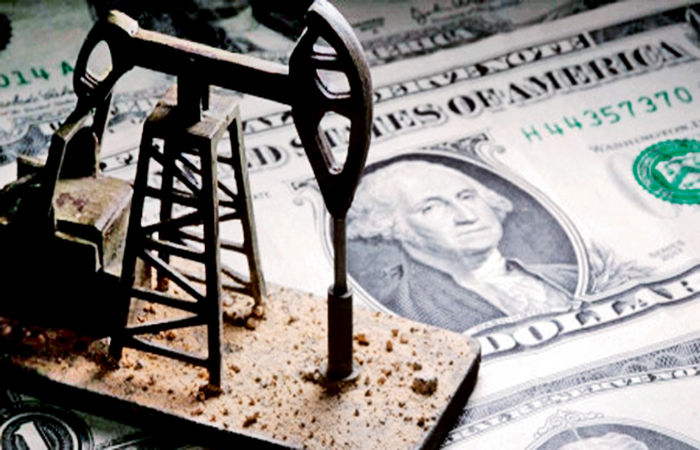
Dubai: In the last few years, Saudi Arabia has been moving away from America and towards China. At such a time, Saudi Arabia's Crown Prince and Prime Minister Mohammed bin Salman has given a big blow to 'Uncle Sam' by ending the decades-old petro-dollar agreement with America. This decision of Saudi Arabia will create a long-term impact on the global economy, changing the status of the US dollar as the base currency for international crude oil trade. After the petrodollar agreement between Saudi Arabia and the United States, which plays a very important role in global financial transactions, expired on June 8, 2024, Saudi Arabia has refused to renew it. With these steps of Saudi Arabia, now crude oil deals in the world, which are done only in US dollars, can now be done in currencies of different countries like Yuan, Ruble, Rupee, Yen.
On 8 June 1974, the Petro-Dollar Agreement was signed between the US and Saudi Arabia. This agreement was an important part of the US dominance in global financial transactions. Under this agreement, Saudi Arabia agreed to export crude oil exclusively in US dollars and invest the surplus from crude revenue in US Treasury bonds. In return, the US assured Saudi Arabia of all kinds of military security and economic development assistance. Under this agreement, Saudi Arabia, the world's largest crude oil producer, sold crude oil only in dollar currency, thereby increasing the dominance of the dollar in global financial transactions.
Petrodollar is not a currency but a US dollar exchange used to export crude oil. The US dollars earned by crude oil exporting countries from the sale of crude oil are called 'petro dollars'. The concept of petro-dollar emerged in the 1970s as the US grew in importance in global economies and geopolitical position. Initially, the Bretton Woods Agreement in 1944 accepted the US dollar as the world's primary reserve currency. This agreement stabilized international trade and economic conditions after World War II.
However, now that Crown Prince Salman has not renewed the deal with the US, Saudi Arabia will be able to trade crude oil and other goods in various currencies such as Chinese RMB-Yuan with China, Euro with Europe, Yen with Japan, Rupees with India. Additionally, discussions are underway among various countries to test the potential of digital currency like Bitcoin to carry out financial transactions for buying and selling crude oil and other commodities.
The financialization of crude oil in the currencies of different countries may increase the use of alternative currencies instead of the dollar for international trade, thereby weakening the global dominance of the US dollar. The decline in global demand for the dollar may lead to an increase in inflation and interest rates and weaken the bond market in the US, which may lead to significant changes in the global financial sector. This move by Saudi Arabia is the beginning of a major change in global economic trade. However, it remains to be seen how much impact it will have on international trade and financial situation.
 look news india
look news india